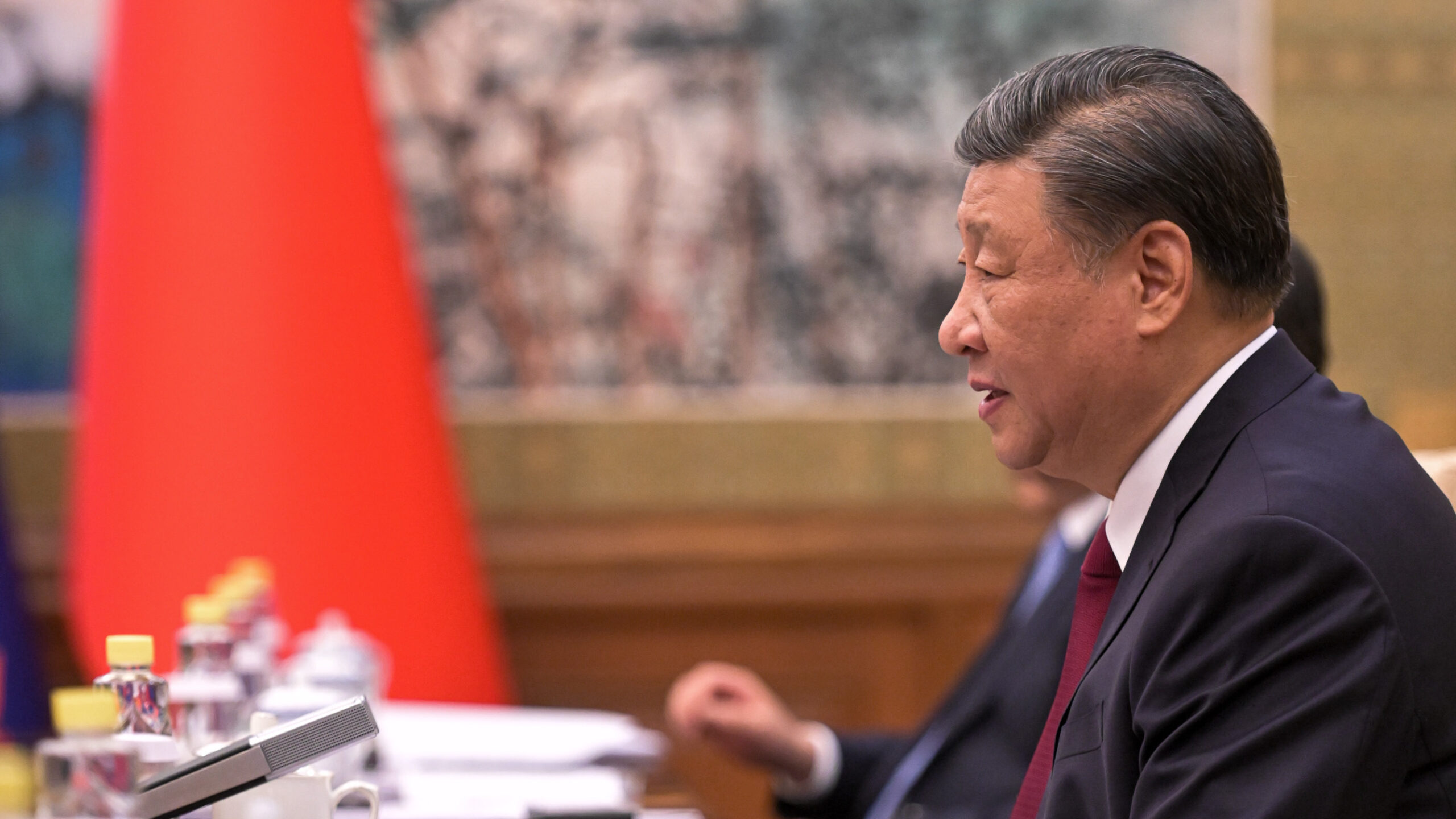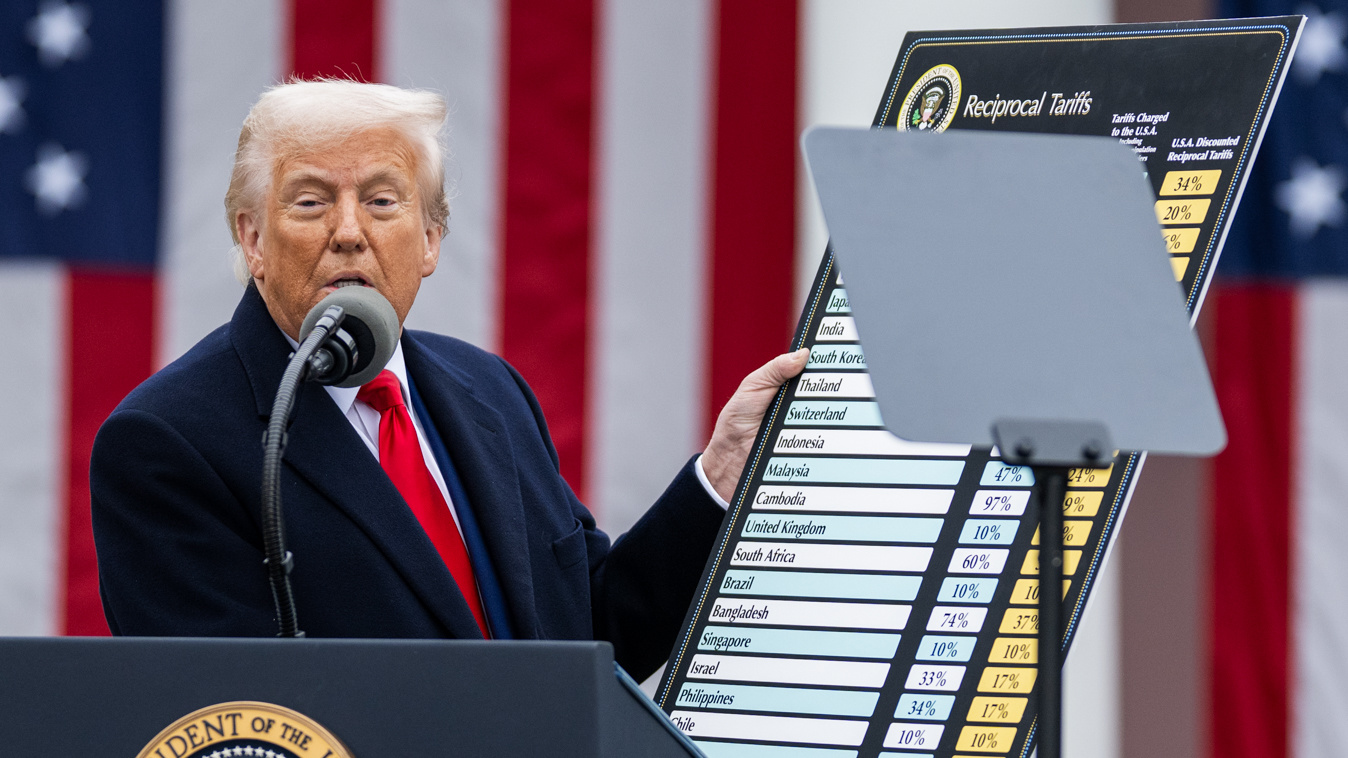
The U.S. Treasury Department is growing wary that Chinese authorities are empowering themselves with new, broader legal means to prohibit foreign business operations and effectively undermine any concession the Chinese government may make in negotiations for a U.S.-China bilateral investment treaty (BIT).
[ July 16, 2015 | Inside U.S. Trade ]
China’s draft “Foreign Investment Law,” as well as provisions rolled out on a pilot basis in some of China’s free trade zones, includes foreign investment review mechanisms that would allow authorities to block investments on the basis of national security. The country’s newly passed “National Security Law” also seems to envision a kind of review process for investment, although the details of how it will be implemented remain unclear.
Christopher Adams, Treasury’s senior coordinator for China, articulated late last week in more explicit terms than U.S. officials have been willing to use before, a fear that these new tools could be wielded by Chinese officials to stymie investment and business activities for commercial reasons.
“The potential for such a broad national security review could block investments on grounds that, frankly, go beyond genuine national security considerations,” Adams said. “And what we’re hearing is a concern that this could potentially negate some of the benefits that are promised in the bilateral investment treaty negotiations.”
To read the rest of this article, please click here.












